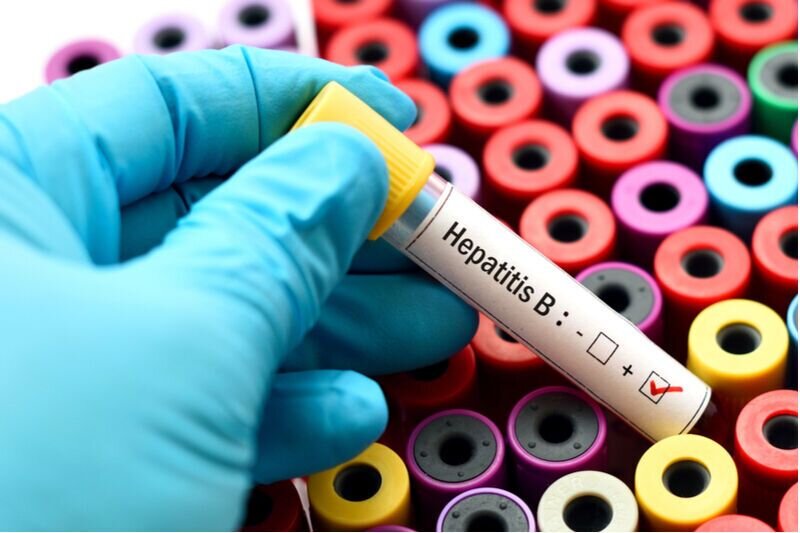Hepatitis B control program to be implemented

TEHRAN – A national program to control Hepatitis B will kick off on September 22, IRNA quoted the deputy health minister, Hossein Farshidi, as saying on Tuesday
Hepatitis B is a viral infection that attacks the liver and can cause both acute and chronic disease.
The acute disease can be treated without the need for medications. However, chronic infection usually puts people at high risk of death from cirrhosis and liver cancer.
The best and most effective way to prevent Hepatitis B is to get vaccinated.
Hepatitis C to be eliminated in 2 years
The ministry of health is planning to eradicate hepatitis C across the country within a period of 2 to 3 years.
If the necessary budget is provided, we will eliminate hepatitis within two to three years,” ISNA quoted Shahnam Arshi, a health ministry official, as saying.
Universities of medical science have put the eradication of hepatitis C in the spotlight, he stressed.
An estimated 200,000 people in the country are infected with hepatitis C, Arshi noted, adding that the ministry has been importing diagnosis kits for identifying patients.
In August 2023, Saeid Karimi, the deputy health minister, said that free treatment for hepatitis C is provided for patients in the country.
"We hope to eliminate hepatitis C from the country with insurance coverage and other efficient measures," IRNA quoted Karimi as saying.
“To be able to do so, many patients have been diagnosed and registered in the [treatment] systems,” he added.
So far, some 600 patients under insurance coverage have been treated free of charge, he noted.
Iran is planning to provide free diagnosis and treatment services to people who are suffering from hepatitis and eradicate the disease by 2030.
Diagnosis of the disease under the health network is free for all, and treatment is also free for financially vulnerable families.
In the year 1400 (ended in March 2022), some 14,500 patients were treated and in the previous year (ended in March 2023), some 16,500 patients were treated in the country.
Pneumococcal vaccination of babies
A national program for pneumococcal vaccination of babies under 12 months of age started on February 19.
The program was officially launched in the city of Bandar Khamir, southern Hormozgan province, IRNA reported.
The vaccination program to combat pneumococcal has been added to the country's immunization program, Pedram Pak-Aein, an official with the ministry of health, said.
It will be implemented in several phases, with the priority given to underdeveloped areas, he added.
Some 3.5 million doses of pneumococcal vaccine have been imported. In the first phase, the vaccines will be distributed in deprived areas of the southern provinces of the country, the official explained.
The vaccine prevents not only the death of at least 1,500 children every year but also protects thousands of other children against bacterial infection caused by the virus, he further noted.
Pak-Aein went on to say that vaccination against rotavirus will start in the calendar month starting February 20 aiming to prevent the hospitalization of 10,000 children per year.
Knowledge-based companies and domestic manufacturers will soon produce both pneumococcal and rotavirus vaccines and present them to the market within the next few months.
A national vaccination plan aiming to combat rotavirus which most notably cause diarrhea, was said to be added to the country's immunization program on January 21.
Rotavirus can cause severe watery diarrhea, vomiting, fever, and abdominal pain. Children who get rotavirus disease can become dehydrated and may need to be hospitalized.
Babies can get three doses of vaccine at the 2nd, 4th, and 6th months of life. The vaccine is administered by putting drops in the child's mouth, IRNA quoted Mohsen Zahraei, the head of the preventable diseases department of the Ministry of Health, as saying.
The pneumococcal vaccine helps protect against some types of bacterial infections that can cause serious illnesses like meningitis (an infection in the brain and spinal cord) sepsis (a life-threatening reaction to an infection) pneumonia (an infection in the lungs).
MT/MG
Leave a Comment